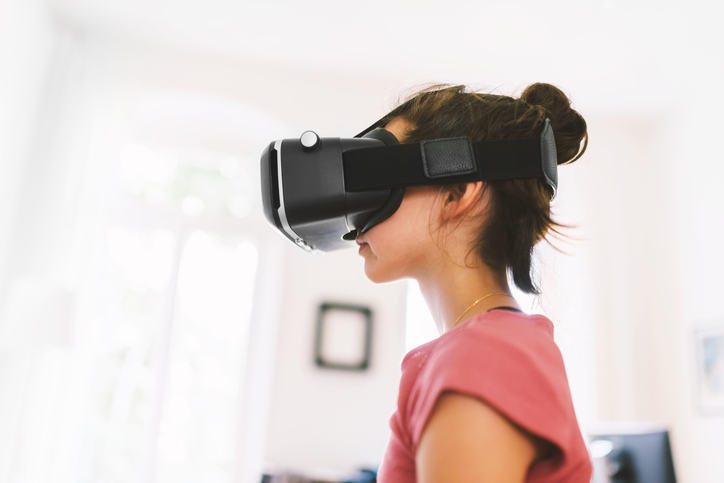A company that developed a medical device sensor to review and process clinical lab tests with a minimal amount of blood has taken the top prize in Nokia’s X Challenge for sensing technology. DMI, which stands for DNA Medicine Institute, developed the technology for a variety of applications from detecting a cold or the flu to doing a white blood cell count. CEO and head scientist Dr. Eugene Chan with his team bagged $525,000.
The formal name for the device is the Reusable Handheld Electrolyte and Lab Technology for Humans or rHEALTH system.

With the Rise of AI, What IP Disputes in Healthcare Are Likely to Emerge?
Munck Wilson Mandala Partner Greg Howison shared his perspective on some of the legal ramifications around AI, IP, connected devices and the data they generate, in response to emailed questions.
Five other team runners up will each receive $120,000. Biovotion in Zurich, Switzerland, Golden Gopher Magnetic Biosensing in Minneapolis, Eigen Lifescience at Stanford, GUES in London and Endotronix Wireless Health Monitoring in Woodridge, Illinois. You can check out summaries of their entries here.
Winning entries had to demonstrate accuracy and consistency, technical innovation, market opportunity, originality, and user experience.
In a phone interview with Chan, he pointed out that its blood analysis technology gives power to consumers and clinicians for different applications. It could help people with low platelet counts or indicate signs of an infection early by flagging up a high white blood cell. He noted that having partners like NASA — it will be used by astronauts to continuously monitor vitals — validating its push for ambitious diagnostic tools has helped inspire the company in its drive to develop the technology.
Acknowledging the challenges of navigating the regulatory path, Chan noted that the X Prize Foundation’s dialogue with the FDA would be helpful for companies like DMI to pave the way for working with cutting edge technologies and discuss how these kinds of technologies would be used.
Although Chan was clearly thrilled with the win, his team still has another competition ahead of them. DMI is among a group of finalists for the Qualcomm Tricorder X Prize which still has a couple of years to go before the finish line.
Grant Campany, senior director of the Challenge, said he has noticed changes in the Nokia X prize submissions since last year from micro DNA to photonics. “What excites me is that in 12-18 months technology like [DMI] will be representative of this new ecosystem.”
Last year Boston-based Nanobiosym Health RADAR took the top prize in the inaugural challenge.














